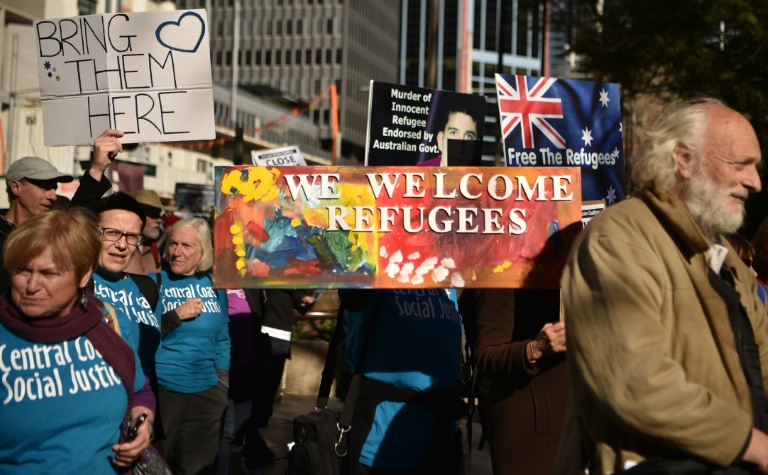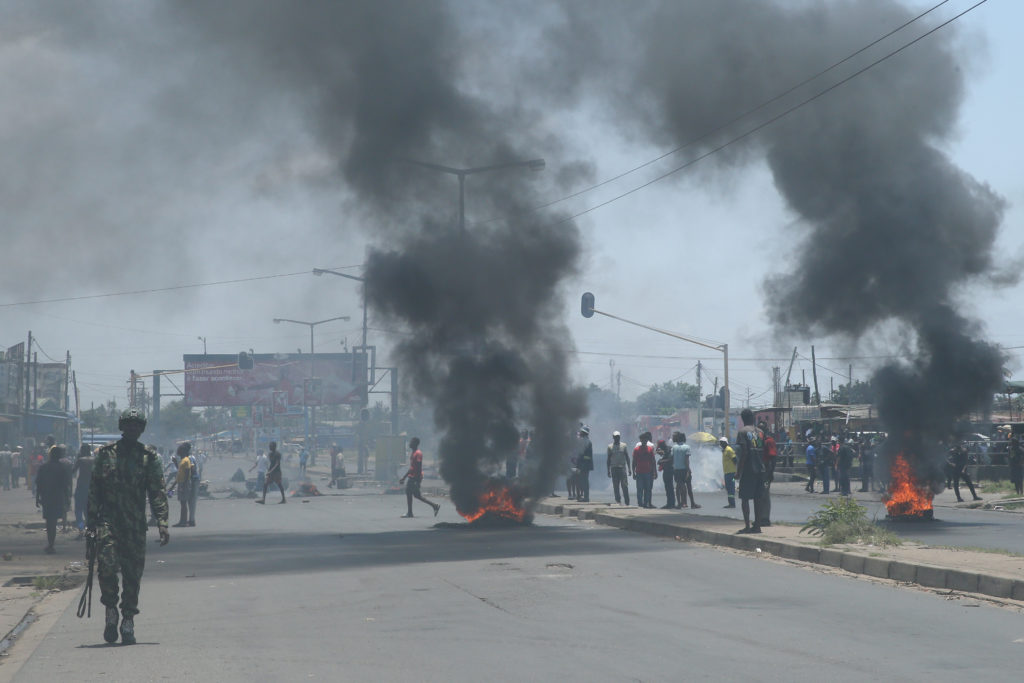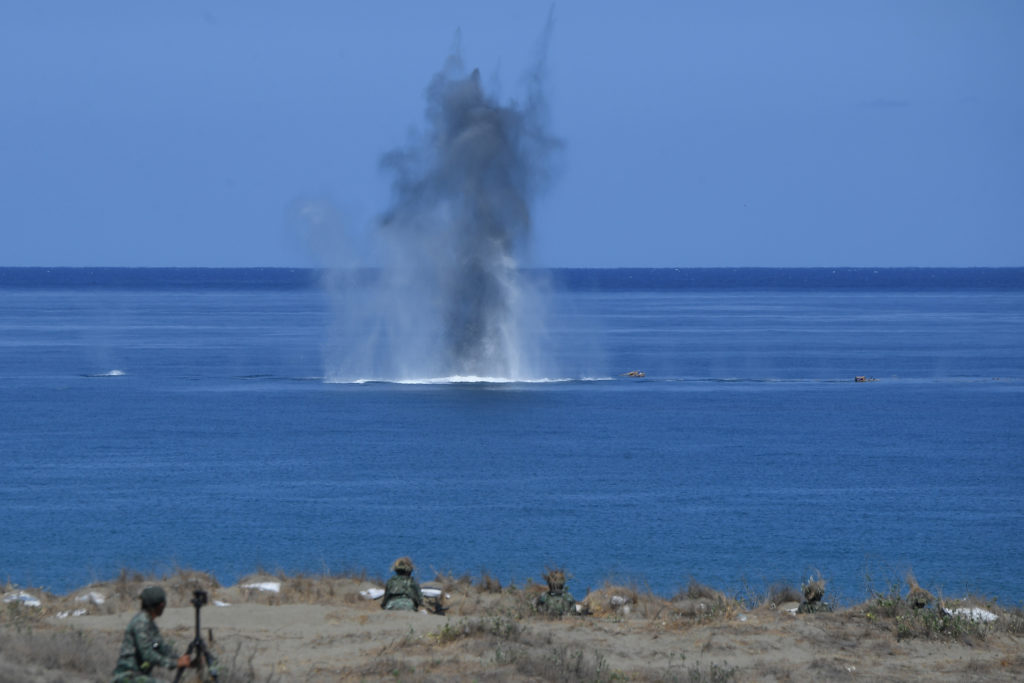Australia accepted on Thursday a long-standing New Zealand offer to take hundreds of refugees detained for years in remote camps under Canberra’s “Pacific solution” immigration policy.
The deal, which was originally tabled in 2013, will involve New Zealand welcoming 150 refugees annually for three years after they have been screened by the UN refugee agency (UNHCR).
“We are pleased to be able to provide resettlement outcomes for refugees who would otherwise have continued to face uncertain futures,” New Zealand Immigration Minister Kris Faafoi said.
In a joint statement with Australia’s Home Affairs Minister Karen Andrews, Faafoi said the agreement reflected New Zealand’s “long and proud history of refugee resettlement”.
Wellington first made the offer at a time when Australia was looking to deter record numbers of asylum seekers arriving by boat.
Canberra sent them to detention camps in the Pacific nations of Nauru and Papua New Guinea, vowing no asylum seeker who arrived by boat would ever be allowed to permanently settle in Australia.
At the time, it rejected Wellington’s offer over fears the refugees would eventually wind up in Australia because New Zealanders share mutual rights to residency with their neighbour.
Andrews said Thursday’s agreement should not be interpreted as a softening of Canberra’s stance on people who arrive by boat.
“Australia remains firm –- illegal maritime arrivals will not settle here permanently. Anyone who attempts to breach our borders will be turned back or sent to Nauru,” she said.
The UNHCR welcomed the deal, saying prolonged uncertainty had “taken an enormous toll” on refugees caught up in Australia’s offshore processing system.
It said 112 refugees were still on Nauru and about 1,100 who had been held in the Pacific camps were now in Australia on temporary visas
It said the 450 spots offered by New Zealand would not cover them all.
“We nonetheless hope it will bring about new impetus towards this goal so that compassionate and lasting answers can be found including in Australia for all who have been subject to Australia’s offshore processing policies,” the rights body said.











